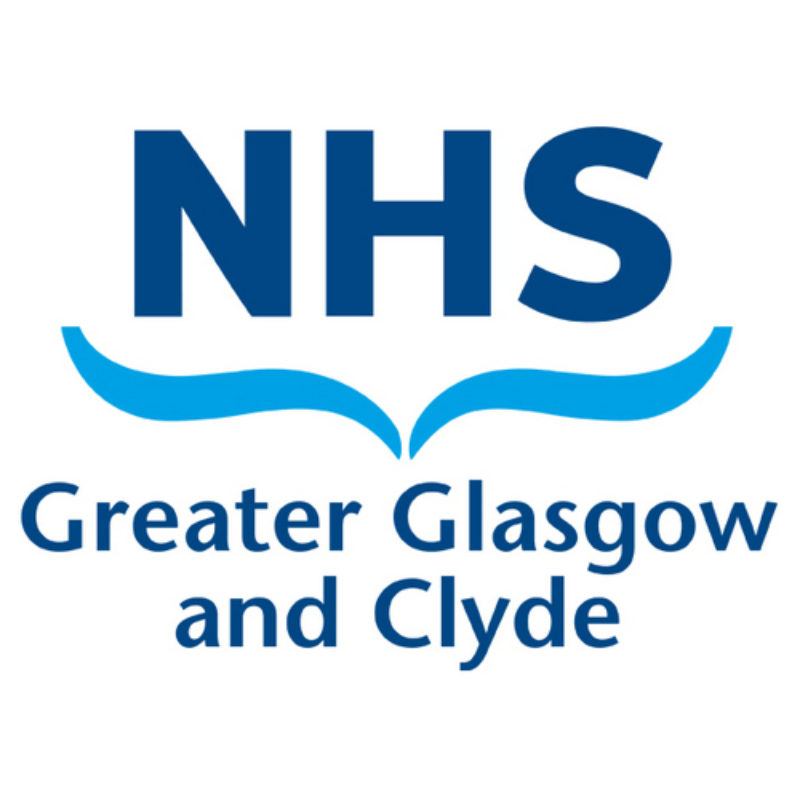Jackie Baillie MSP The official website of Scottish Labour Deputy Leader, Jackie Baillie MSP.

Jackie Baillie, MSP for Dumbarton, has called on the Scottish Government to ensure that protection and support for both mental health service provision and mental health charities is included within the NHS recovery plan.
This follows figures that show that 34.9% of young people seen by CAMHS in the quarter ending 31 March 2020 had waited more than 18 weeks, up from 26.4% in the same quarter in 2019.
During the Covid-19 pandemic, there have been concerns about the impact that the lockdown will have on mental health, particularly for young people. However, these figures show that at the end of March 2020, and the beginning of lockdown, there were already 11,838 children and young people waiting for a CAMHS appointment. This highlights the challenges faced by the NHS pre-lockdown and underlines the need for a comprehensive NHS recovery plan.
Jackie Baillie has also repeatedly called for an increase in emergency funding to be given to mental health charities as they try and cope with the increased demand on their services during this time. She has also called for an increase in mental health support to be given to specific groups of individuals who may have been adversely affected by Covid-19. This includes those who have been forced to shield whilst living alone and those who suffer from domestic abuse.
Jackie Baillie MSP said:
“Now more than ever, mental health services and charities must have the funding and resources needed to carry out vital work. These figures show the sad reality of the state of mental health in young people. The pressures and uncertainties caused by Covid-19 will only add to their mental health problems and it is the responsibility of the Scottish Government to ensure that full support is in place for them.
“It is important to point out that mental health services and charities have been struggling long before Covid-19. Waiting time lists were already far too long and not nearly enough was being done to resolve this prior to the current period. If they had previously been given the levels of funding that they needed, they would not be struggling to cope with the increased demand on services that they are experiencing now.
“For many people – in particular those who have suddenly found themselves completely isolated or those locked down with an abuser – this period will be incredibly distressing for them. Long term support will be required to help them deal with their experiences. It is vital that this is recognised within the NHS recovery plan.”
